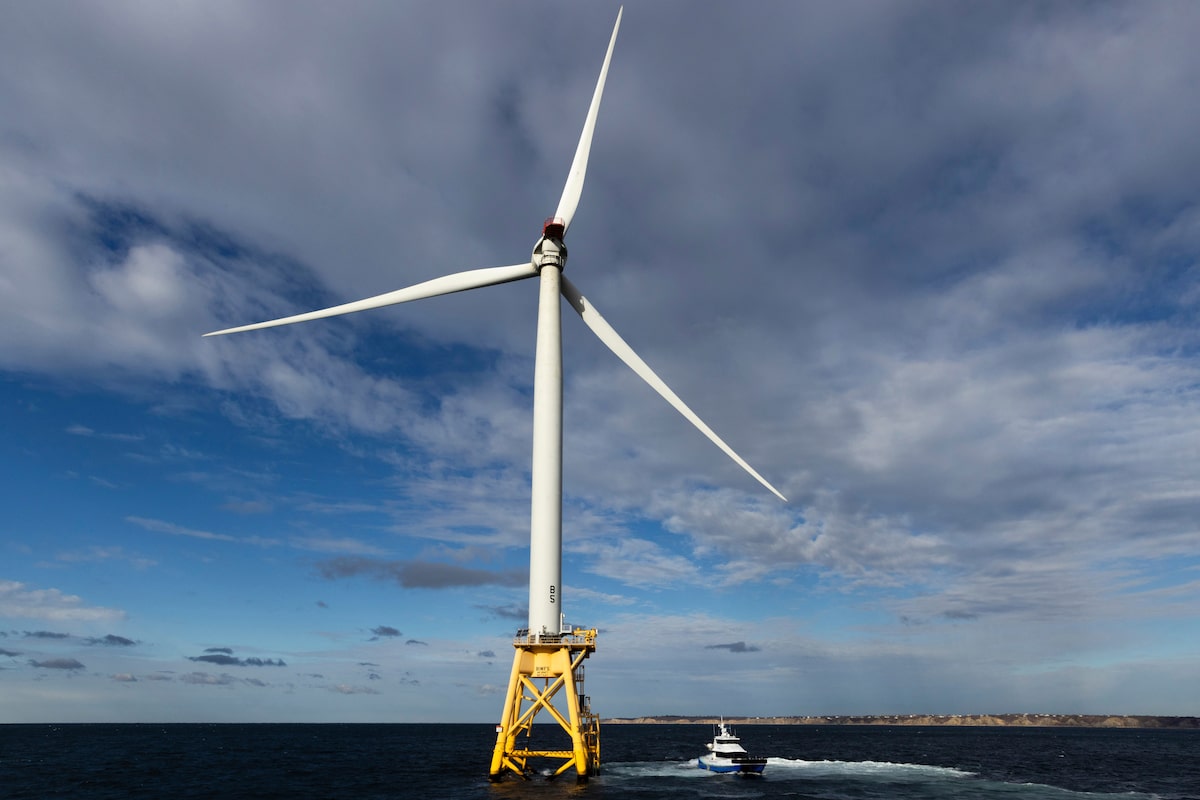India’s ambitious journey towards achieving a net zero target by 2070 is gaining momentum, driven by the accelerated adoption of electric vehicles (EVs) and initiatives like the National Hydrogen Mission. Renowned scientists and leaders convened at an event organized by the Technology Development Board (TDB), under the Department of Science and Technology (DST), to underscore the pivotal role of these innovations.
Accelerating EV Adoption for Green Mobility
Professor Ajay Kumar Sood, Principal Scientific Advisor to the government, emphasized the criticality of promoting EVs as a cornerstone of India’s green energy policies. Initiatives like the National Electric Mobility Mission Plan (NEMMP) and Faster Adoption and Manufacturing of Hybrid and Electric Vehicles (FAME) are instrumental in reducing greenhouse gas emissions and steering the nation towards sustainable transportation solutions.
Green Hydrogen: A Catalyst for Change
Sood highlighted the pivotal role of green hydrogen production in India’s quest for net zero emissions. Under the National Hydrogen Mission, substantial investments are being allocated to advance green hydrogen technologies, aligning with the nation’s long-term sustainability goals. Additionally, ongoing efforts in Carbon Capture Utilization and Storage (CCUS) technologies are poised to play a significant role in mitigating carbon emissions across various industries.
Nurturing Innovation for Sustainable Development
Professor Abhay Karandikar, Secretary of DST, underscored the importance of innovation in driving national development. Government initiatives such as funding research and development programs and fostering entrepreneurship through schemes like NIDHI and TDB are pivotal in nurturing a conducive ecosystem for technological innovation and sustainable growth.
Embracing Renewable Energy for Climate Action
Professor Ashutosh Sharma, President of INSA and former DST Secretary, stressed the urgency of transitioning to renewable energy sources globally to combat climate change. He emphasized the need to focus on EVs, green hydrogen, carbon capture, and energy-efficient habitats to address the dual challenge of reducing inefficiency and curbing increased consumption.
In his keynote address, Padma Shri Professor G.D. Yadav advocated for sustainable solutions, emphasizing the importance of carbon removal and technological innovations in achieving net zero emissions by 2070. As India charts its course towards a greener, more sustainable future, the convergence of innovative technologies and concerted policy efforts promises to drive meaningful progress in the fight against climate change.
Source:assamtribune.com





